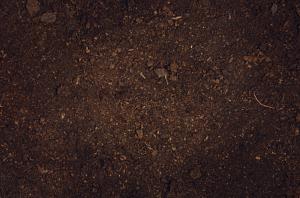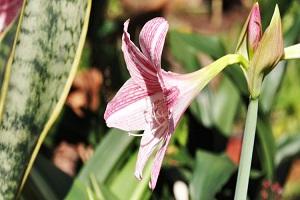Could Contaminated Water Affect Plant Growth?
Plant growth is an essential aspect of life on our planet, both for the survival of humans and animals and for maintaining the balance of the natural environment. However, in recent years, the issue of water contamination has emerged as a significant challenge to plant growth. Contaminated water can have severe impacts on plant growth, and as a result, understanding the potential effects is crucial.
What is Contaminated Water?
Contaminated water is water that is unfit for use due to impurities or pollutants. These impurities can come from various sources, such as industrial waste, agricultural practices, or naturally occurring contaminants, among others. The contaminants vary and can include toxic chemicals, harmful microorganisms, and heavy metals, among others. Exposure to these contaminants can cause detrimental effects on the environment and prevent proper plant growth.
How Does Contaminated Water Affect Plant Growth?
Contaminated water can affect plant growth in several ways. Firstly, exposure to harmful chemicals can cause significant damage to a plant's cellular structure and inhibit photosynthesis, resulting in stunted growth, yellowing of leaves, and reduced crop yields. Secondly, the presence of bacteria, viruses, or other harmful microorganisms can cause plant diseases that can spread to neighbouring crops, leading to significant losses in agricultural productivity. Finally, exposure to heavy metals such as lead, mercury, and cadmium can result in toxicity and death in plants, further contributing to reduced crop yields and environmental damage.
Case Studies on the Effects of Contaminated Water on Plant Growth
The effects of contaminated water on plant growth have been studied extensively in various regions globally. For instance, in China, a study found that water contaminated with lead and cadmium negatively affected the growth and survival of tomato plants, where the optimal growth rate and survival were found in plants irrigated with clean water. Other studies in India showed that water contaminated with fluoride significantly reduced crop yields and the overall health of plants.
Preventing and Treating Contaminated Water
The prevention and treatment of contaminated water is essential to ensure proper plant growth and maintain the overall health of our environment. Some of the measures that can be taken to prevent water contamination include proper waste disposal, the use of organic fertilizers, and the proper disposal of hazardous chemicals. In addition, treatment methods like reverse osmosis, ultraviolet (UV) radiation, and chlorination can be used to remove contaminants from water.
Conclusion
Contaminated water poses a significant threat to plant growth and can have far-reaching consequences for the environment and human health. Addressing this problem requires a concerted effort, with government and private entities taking responsibility for ensuring that water sources are free of contaminants. Proper waste disposal practices, the use of organic fertilizers, and the implementation of water treatment methods are some of the steps that can be taken to prevent and treat contaminated water. Ultimately, safeguarding our water sources is crucial for ensuring a healthy and thriving planet.

 how many times do yo...
how many times do yo... how many planted tre...
how many planted tre... how many pine trees ...
how many pine trees ... how many pecan trees...
how many pecan trees... how many plants comp...
how many plants comp... how many plants can ...
how many plants can ... how many plants and ...
how many plants and ... how many pepper plan...
how many pepper plan...































